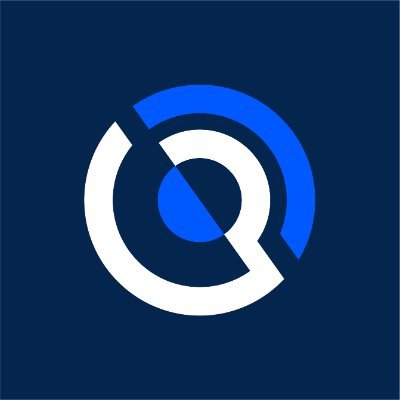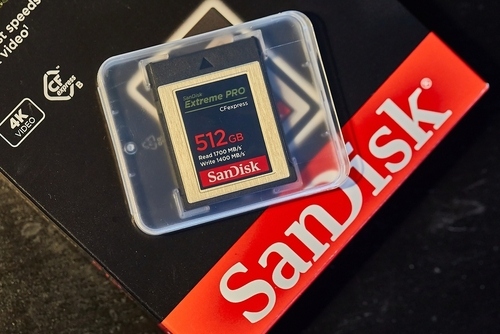Apple เผชิญกับความท้าทายด้าน AI สองเท่าก่อนการเปิดตัวสมาร์ทโฮม

Bloomberg รายงานว่า Apple กำลังขยายสู่ตลาดใหม่ในขณะที่เปลี่ยนการมุ่งเน้นไปที่การพัฒนาฮาร์ดแวร์ในอีกสองปีข้างหน้า ยักษ์ใหญ่ด้านเทคโนโลยีจะสร้างระบบปฏิบัติการใหม่ที่เรียกว่า homeOS, จอแสดงผลอัจฉริยะ และอุปกรณ์หุ่นยนต์ระดับไฮเอนด์
ในเวลาเดียวกัน ผู้ผลิต iPhone กำลังสร้างโปรโตคอลที่เรียกว่า Matter เพื่อให้แน่ใจว่าสามารถใช้งานร่วมกันได้บนแพลตฟอร์มต่างๆ
สิ่งที่น่าสังเกตคือการใช้ปัญญาประดิษฐ์ของ Apple ในแพลตฟอร์ม Apple Intelligence สำหรับระบบอัตโนมัติในบ้านและปรับปรุงการควบคุมอุปกรณ์ในบ้าน
เมื่อใกล้เปิดตัว Apple ต้องเผชิญกับความท้าทายสองเท่า ประการแรกคือการนำเสนอคุณสมบัติใหม่ในราคาที่สามารถแข่งขันกับผู้เล่นที่มีอยู่ได้ นอกเหนือจาก Google และ Microsoft แล้ว ผู้เล่น จำนวนมาก เช่น Samsung และ LG ยังเสนอระบบบ้านอัจฉริยะที่ขับเคลื่อนด้วย AI
ประการที่สองคือการเผชิญกับความท้าทายที่ AI นำมา
ปัญหาในอนาคตอาจมาพร้อมกับการขาดมาตรฐาน
Shaktikanta Das ผู้ว่าการธนาคารกลางอินเดีย (RBI) กล่าว เมื่อวันจันทร์ว่าการบูรณาการ AI อาจมาพร้อมกับความเสี่ยง เขาเน้นย้ำว่าการพึ่งพาผู้ให้บริการเทคโนโลยีเพียงไม่กี่รายอาจนำไปสู่ความเสี่ยงในการกระจุกตัวได้ Das ยังแสดงความกังวลว่าบริการที่ขับเคลื่อนด้วย AI สามารถขยายความเสี่ยงเชิงระบบภายในภาคการเงินได้
เราเห็นความพยายามและการระดมทุนในระดับประวัติศาสตร์เพื่อแสดงให้เห็นว่า AI นั้นไม่ปลอดภัย ไม่มีเทคโนโลยีใหม่อื่นใดที่จะต้านทานการโจมตีดังกล่าวได้
แต่ฝ่ายตรงข้ามก็ยังแสดงให้เห็นถึงความเสี่ยงเล็กน้อยเมื่อเทียบกับการประมวลผลและอินเทอร์เน็ตในยุคแรกๆ
กระบวนทัศน์ใหม่ที่ปลอดภัยที่สุด
— martin_casado (@martin_casado) 13 ตุลาคม 2024
Similar centralization risks could arise in a smart home if Apple’s technology fails.
Meanwhile, AI has been under the radar for perpetrating biases, intruding on privacy, and extensive data collection practices. Most of these allegations are largely due to AI algorithms being adaptive and aimed at personalization.
A research blog explains that smart home devices communicate with the help of Bluetooth, Wi-Fi, or cellular networks. Both the network and the devices have to be secured to protect them from hacks. Apple might have to solve the challenge of security consistency across networks and devices in a market with no standardization.
Another challenge is regulations. For instance, the European Union has put out a risk-based framework on AI data collection practices through the AI Act. The AI Act went into effect on August 1, 2024, and will be fully applicable in two years. Therefore, Apple’s use of AI in smart homes will also have to be domestically adapted to follow the law of the land.







